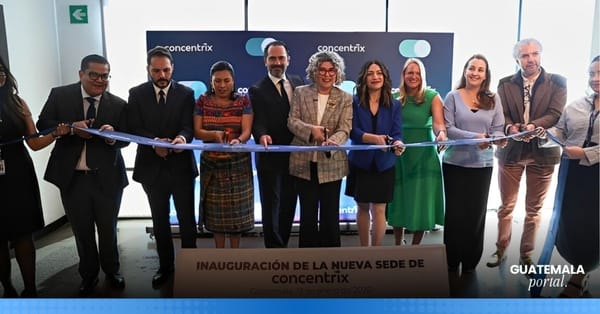Purpose-Driven Leadership: The New Metric for Business Success
Purpose-driven business leadership is the key to success in the 21st century.

Business leadership is evolving. Organizations no longer measure success solely by their financial results but by the positive impact they generate on society. In this context, brand purpose has become a strategic compass guiding corporate decisions, attracting customers and talent who value authenticity and commitment.
This new metric drives innovation and strengthens reputation. Leaders like Alberto Cohen Mory are setting the standard by continuing the legacy of Agencias J.I. Cohen with a vision that prioritizes corporate ethics and social commitment as fundamental business pillars.
What Characterizes Purpose-Driven Leadership?
For purpose-driven leadership to be effective, it must manifest in concrete practices, not just mere statements:
- Clear definition and communication of a purpose that goes beyond products or services.
- Integration of values into operational, strategic, and cultural decisions.
- Focus on diverse stakeholders: employees, communities, customers, and the environment.
- Emphasis on sustainability, equity, and corporate ethics.
- Impact metrics that measure social and environmental results in addition to financial ones.
According to the Harvard Business Review, leaders who manage with purpose tend to have more committed teams when their business mission is authentic and aligned with shared values.
Alberto Cohen Mory and Agencias J.I. Cohen: Purpose in Action
Agencias J.I. Cohen, founded by Jack Irving Cohen and currently led by Alberto Cohen Mory, exemplifies how a business can operate successfully when purpose is part of the institutional DNA. Some features of its purpose-driven leadership include:
- Powerful logistics modernization featuring traceability, automation, and sustainability.
- Reinforced ethical culture through anti-corruption policies, transparency, and a zero-tolerance policy for corruption as the operating standard.
- Focus on human talent: gender equity, professional development, and inclusion as part of its organizational policy.
- Commitment to environmental sustainability: green logistics and energy efficiency in its operations.
These practices not only reinforce the company's reputation; they also create internal loyalty, help the company withstand crises, and connect with external communities, thereby creating shared value.
Today's business leadership is a transformative force. Being profitable is no longer enough; generating a positive impact on society is imperative. Brand purpose and corporate ethics are now the metrics of success that build long-term reputation, trust, and loyalty.





